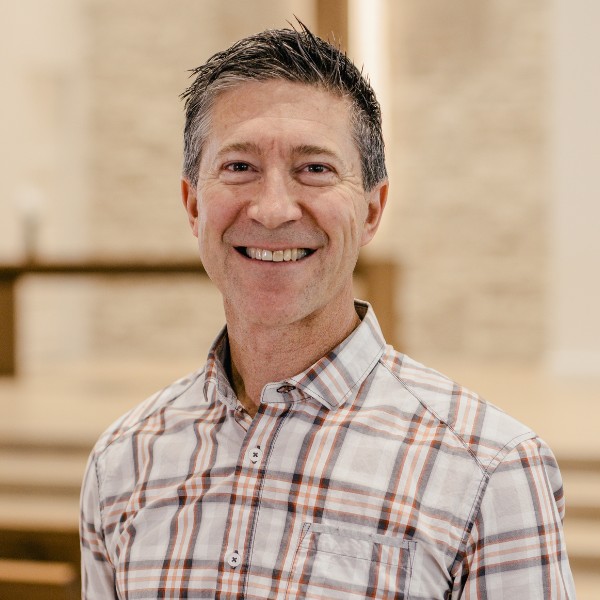Arizona Christian University’s Cultural Research Center recently published results of their American Worldview Inventory Study in 2020 (see here). One of the most interesting findings is that the majority of self-identifying Christians in America do not believe they are saved by grace, but by their own good works:
A majority of people who describe themselves as Christian (52%) accept a “works-oriented” means to God’s acceptance . . . Huge proportions of people who attend churches whose official doctrine says eternal salvation comes only from embracing Jesus Christ as Savior nonetheless believe that a person can qualify for heaven by being or doing good. That includes close to half of all adults associated with Pentecostal (46%), mainline Protestant (44%), and evangelical (41%) churches. A much larger share of Catholics (70%) embrace that point of view.
If these numbers are true for NAPC, it means that roughly 4 out of 10 of us believe that we will be saved by the things that we do, rather than what Jesus has so gloriously and perfectly done for us. And this would be disastrous for people who are deceived into believing this. Some would be crushed by their own inadequacy and guilt. Why? Because we are inadequate and guilty. We know this deep down. There is no one righteous, not one (Romans 3, Psalm 14). But others would be falsely assured of their own goodness, which would also be disastrous. Usually that happens when we compare ourselves to others who are clearly less good. After all, we haven’t beaten our kids or cheated on our wife or embezzled millions or (fill in the blank). Either way, we are deceived. We fall into the ditch of despair or the ditch of self-assurance, rather than staying on the narrow road of salvation by grace alone.
I experienced something like a few days ago when I had an argument with one of my daughters. She was angry about something I said, and I thought she was being overly sensitive. We didn’t finish our conversation. That night, I woke up thinking about it. “Have I messed her up for life? Will she be in therapy for decades of adulthood because of my parenting?” But simultaneously, I was frustrated with her. “Doesn’t she see her blessings? What is she complaining about? She has it better than 95% of all the girls in the world her age. Doesn’t she appreciate all I’ve done for her?!” The reality: the two of us are both sinners who need grace, and we both need to give grace to each other as we work things out.
We need to hear the Gospel over and over, which is why we preach it every Sunday.
There is a great reason why the guy who wrote most of the New Testament opened up his letters to churches with a summary of the Gospel before getting to anything else. If you read Romans, you will be steeped in 11 chapters of the Gospel before you find anything about behavior. If you read Ephesians, the first three chapters are Gospel, then the last three are about how to live in light of the Gospel. Why did Paul do this? Why did he tell Christians, people who had converted to Christ because they had already heard the Gospel, about the Gospel? Because those early Christians needed to hear it over and over again or else they would fall into one ditch or the other, off the road of grace. And we are no different. We need to hear the Gospel over and over, which is why we preach it every Sunday.
The glorious Gospel of Jesus Christ is not a self-improvement program. It is the only means by which we escape eternal judgment and enter into eternal joy. It is the only remedy to the wild swings between despair and self-assurance we feel. It at once humbles us to the ground and lifts us up beyond our own résumé. It enables us to acknowledge all the ways we fall short, and still empowers us to “forget what is behind and strain toward what is ahead . . . to win the prize for which God has called us heavenward in Christ Jesus” (Philippians 3:13-14). This is the road we are on, thanks be to God: the glorious road of grace en route to heaven.
Pastor David

